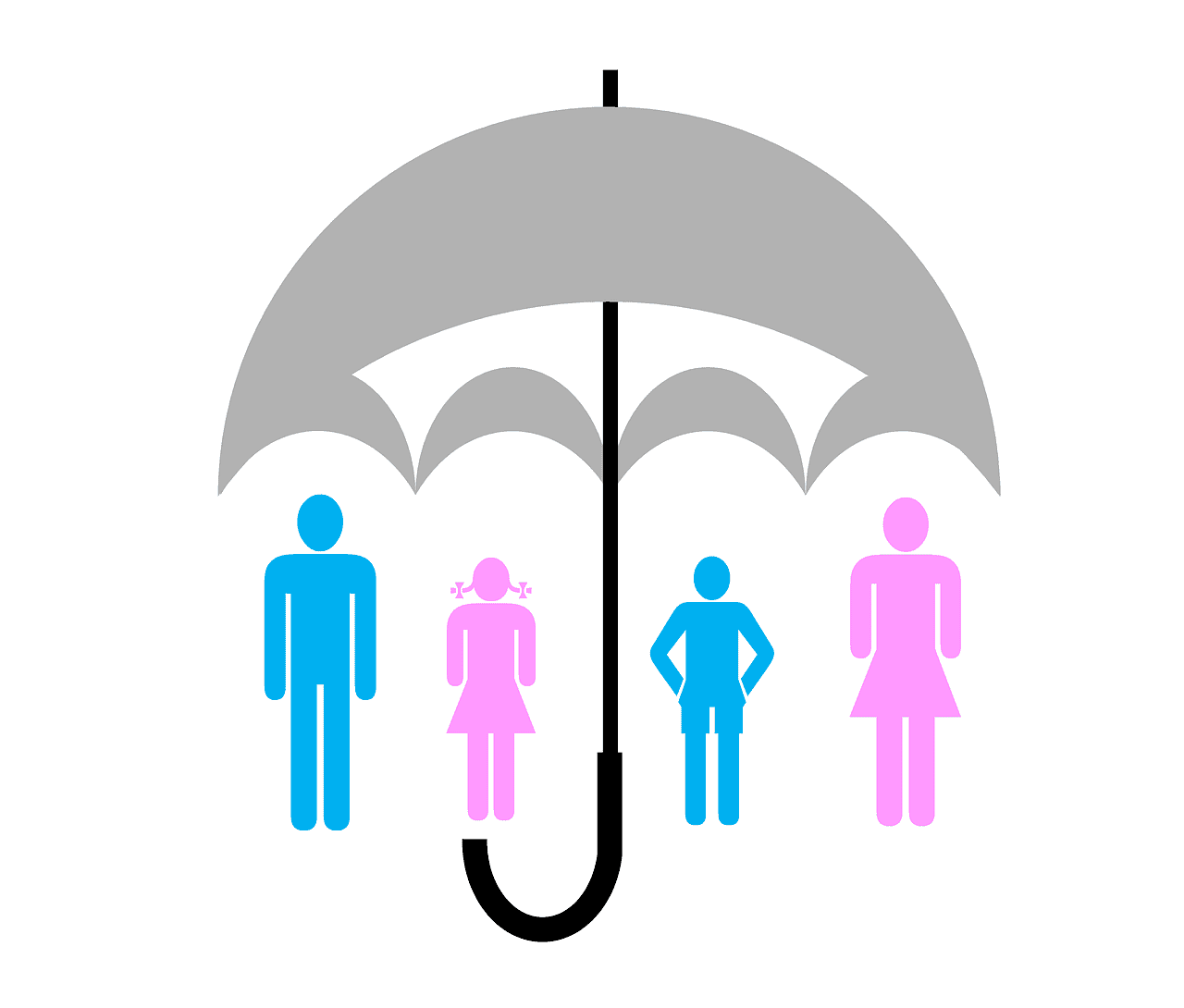Comprehensive Guide to Mobile Home Insurance: Tips for Getting the Best Price
Introduction:
Navigating the world of mobile home insurance can be daunting. Unlike traditional homeowners insurance, mobile home insurance is tailored to address the unique risks associated with manufactured or mobile homes. Whether you're a first-time buyer or looking to switch providers, understanding how to secure the best coverage at an affordable price is essential. This comprehensive guide aims to equip you with valuable insights and strategies to help you find the best deals on mobile home insurance.
Understanding Mobile Home Insurance
Mobile home insurance, also known as manufactured home insurance, provides essential protection against risks such as property damage, theft, and liability claims. Here’s a breakdown of the key components:
- Dwelling Coverage: This protects the physical structure of your mobile home from damages caused by events such as fire, storms, and vandalism.
- Personal Property Coverage: This covers belongings such as furniture and electronics if they are damaged or stolen.
- Liability Insurance: This provides financial protection if someone is injured on your property or if you accidentally cause damage to someone else's property.
- Other Structures Coverage: This covers the repair or replacement of detached structures like fences and sheds.
Factors to Consider When Choosing an Insurance Policy
When comparing mobile home insurance policies, consider the following factors:
-
Coverage Limits: Ensure that the coverage limits are appropriate for your home's value and the potential cost of replacing your belongings.
-
Deductible: Balancing your deductible is important. A higher deductible may lower your premium costs but make sure it’s an amount you can afford in case of a claim.
-
Perils Covered: Review the list of covered perils. Some policies may offer optional add-ons for specific risks not included in standard coverage.
-
Additional Living Expenses (ALE): This coverage assists with temporary accommodations and meals if your mobile home becomes uninhabitable due to a covered event.
-
Discounts: Don't overlook available discounts! Many insurers provide discounts for various factors, including security systems, age, or claims-free history.
Tips for Comparing Mobile Home Insurance Quotes
-
Evaluate Your Coverage Needs: Assess your mobile home's value and its contents, along with prospective liability risks to determine appropriate coverage.
-
Compare Coverage Limits and Deductibles: Take the time to compare these aspects across different policies to ensure they meet your needs and financial situation.
-
Review Covered Perils: Ensure each policy’s coverage includes the risks most relevant to your location, especially natural disasters common to your area.
-
Check for Additional Living Expense Coverage: Compare ALE coverage offered between insurance providers to ensure you're adequately protected.
-
Research Insurance Companies: Look into each insurer's reputation, the ease of their claims process, and customer reviews. A company with a solid track record can enhance your peace of mind.
Top Mobile Home Insurance Companies
-
Allstate: Offers standard mobile home coverage with additional options for personal belongings. Discounts are available for unique scenarios like being an original owner or if you’re over age 55.
-
American Family: Known for its "diminishing deductible" feature, American Family reduces your deductible each year you don’t make a claim.
-
American Modern: With decades of experience, American Modern is focused on the mobile home market and provides comprehensive coverage, including options for appliance failures and identity theft protection.
- Assurant: Tailored to address unique geographical challenges, Assurant provides robust coverage against elemental damages like tornadoes and floods.
For more insights on finding affordable insurance, check out our article on Unlocking Affordable Insurance: Top 10 Tips to Score the Best Deals and Save Big.
Final Thoughts
Acquiring mobile home insurance is not merely a financial obligation; it’s a safeguard for your home and family. By understanding your coverage requirements, comparing policies based on limits, deductibles, and covered perils, exploring available discounts, and conducting thorough research into insurance providers, you can make an informed choice that meets both your budget and protection needs. Remember, every dollar saved on premiums is a step toward securing your peace of mind in mobile homeownership.
Disclaimer: This article is for informational purposes only. Please consult with a professional before making any insurance decisions.
Next Steps
Now that you've gained a thorough understanding of mobile home insurance, it's time to take actionable steps to secure the best policy for your needs:
-
Assess Your Coverage Needs: Evaluate the value of your mobile home and personal belongings. This will help you determine how much coverage you truly need.
-
Gather Quotes: Start by collecting quotes from multiple insurance providers. Use online comparison tools, such as NerdWallet's mobile home insurance guide, to streamline this process.
-
Compare Policies: Look closely at each policy’s coverage limits, deductibles, and the specific perils covered. Make sure to highlight any additional living expense coverage available with each provider.
-
Investigate Discounts: Call potential insurers to inquire about available discounts. Factors like having a security system or being a long-term customer can help lower your premium.
-
Research Insurers: Check reviews and ratings for the insurance companies you’re considering. A solid reputation and a smooth claims process can significantly impact your overall satisfaction.
-
Consult with Professionals: Once you’ve narrowed down your options, discuss your findings with an insurance professional. They can provide tailored advice based on your specific situation and ensure that you have the right coverage.
Disclaimer: Before taking any action based on this information, please consult with a professional to ensure it aligns with your personal circumstances.
